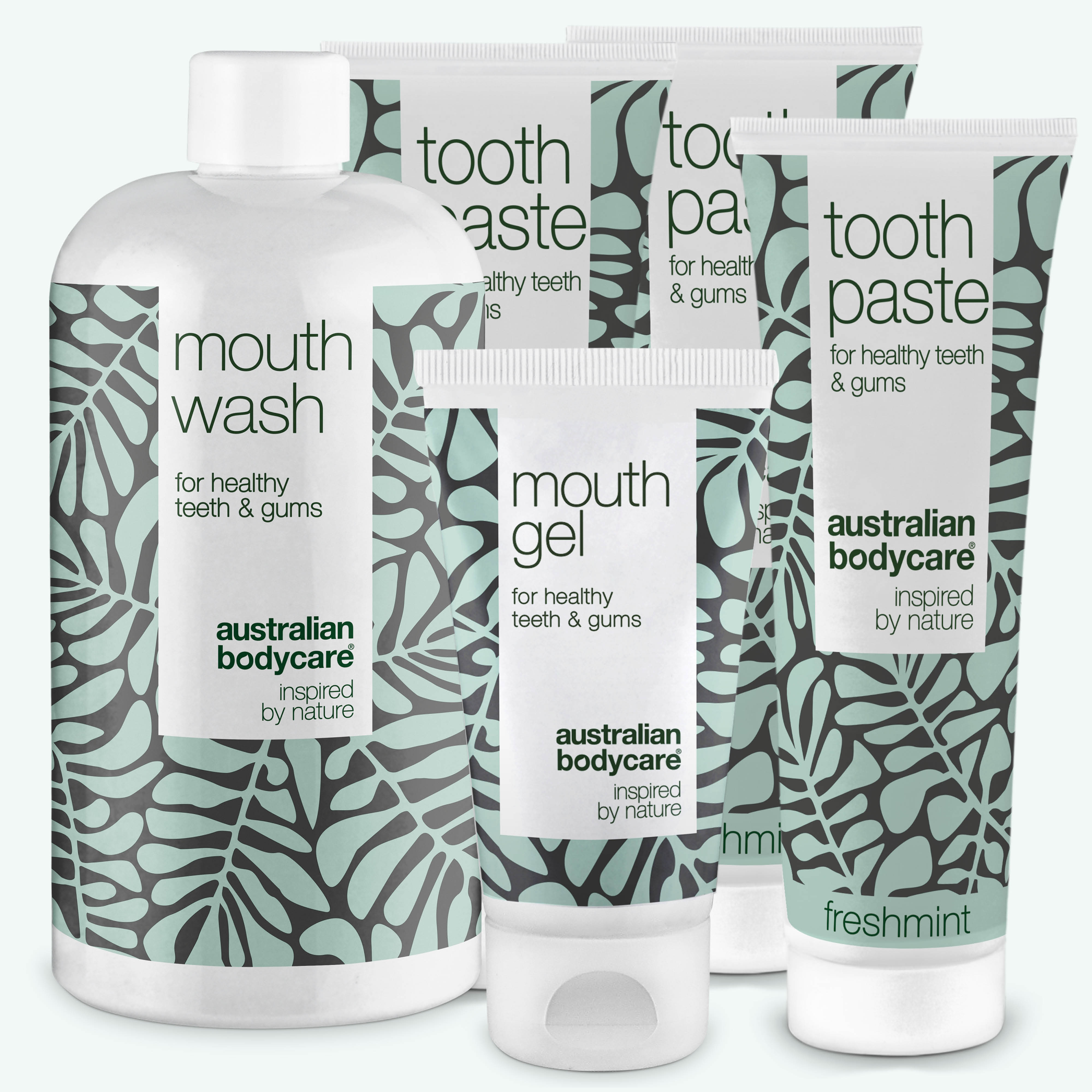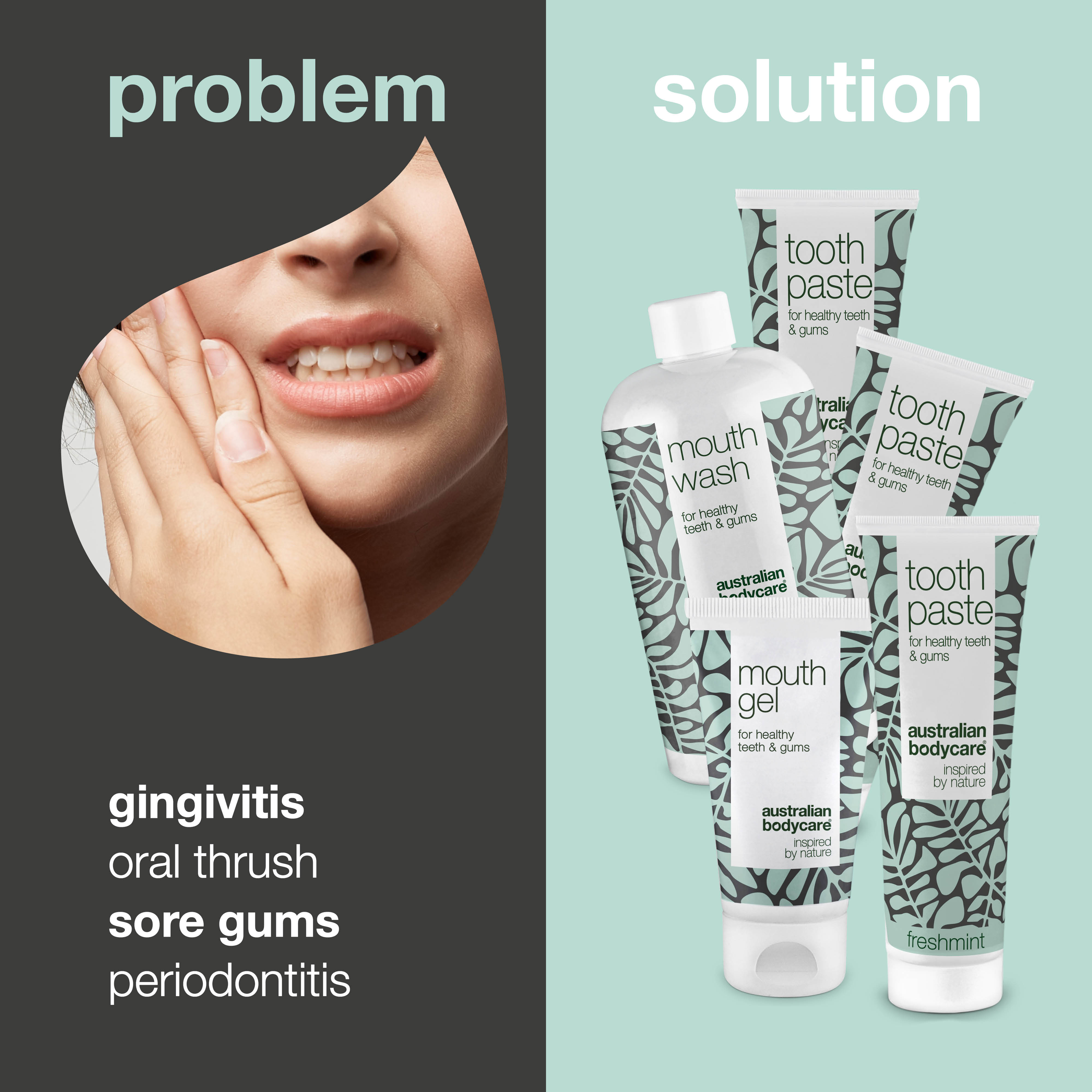Do you have a loose tooth? Find causes and treatments here!
A loose tooth is a problem that many people can experience. It happens when the tissue around the teeth weakens. This condition is called periodontitis. Symptoms of gum inflammation can include bleeding, redness, and tenderness in the gums.
Treating a loose tooth can involve deep cleaning of the tooth pockets and smoothing the root surfaces. After treatment, good oral hygiene and regular dental check-ups are necessary to prevent relapse.
Read on to learn more.
Table of contents
What is a loose tooth?
A loose tooth occurs when the gums and bones around the teeth weaken. Bacteria, periodontitis, and poor oral hygiene can cause a loose tooth. Smoking and diabetes also increase the risk of having a loose tooth.
Causes of a loose tooth
Periodontitis is a major cause of loose teeth in adults. This condition means that the supporting tissues of the teeth become inflamed and gradually destroyed. Smoking and diabetes are also significant culprits, as they greatly increase the risk.
People with these habits or conditions should be especially vigilant about their oral hygiene.
Age also plays a role. As we get older, our teeth and jaws become less strong. Osteoporosis can make the problem worse, especially in postmenopausal women.
Good oral hygiene with regular brushing and flossing is necessary to avoid damage to the teeth and gums.
Risk factors
Smoking damages the teeth and increases the risk of having a loose tooth. Diabetes also negatively affects oral health, as high blood sugar can lead to dental problems. People with weakened immune systems are more susceptible to infections that can compromise the stability of their teeth.
Dry mouth, often caused by medications or illnesses, makes it harder for oral hygiene products like toothbrushes and floss to prevent dental diseases.
Age also plays a role. Older people are more likely to experience osteoporosis, which can make teeth less stable. Pregnant women may experience changes in oral hygiene, increasing the risk of dental problems.
Smokers and people with type 2 diabetes should be especially aware of signs of dental issues and visit a dental clinic regularly for check-ups.
Treatment options
When a loose tooth becomes a problem, there are several treatment options available. Dental implants, bridges, dentures, and surgical procedures can all help restore the function and aesthetics of teeth.
Dental implants
Dental implants act as a strong replacement for missing or loose teeth. They are anchored directly into the jawbone, providing a stable foundation for the new tooth. This helps patients restore their smile and chewing function.
Implants are made of titanium, a material that integrates well with the body’s own tissues. The procedure requires precision and expertise from the dentist. Patients receive local anesthesia, making the process painless.
As the bone heals around the implant, it becomes a permanent part of the mouth. This method provides a long-lasting solution to the problem of loose teeth.
Dental bridges
Dental bridges are an effective solution for loose teeth. A dental bridge is securely attached to the surrounding teeth, restoring both function and appearance. Dental bridges can be a good option for those who want to replace missing teeth, improve chewing function, and enhance cosmetic appearance.
This treatment option ensures a stable solution for replacing lost teeth and restoring full chewing function. With dental bridges, patients can regain confidence in their smile with a natural look and comfortable function.
Dentures
Dentures are an effective treatment option for loose teeth. Prosthetic devices are used to replace missing or damaged teeth and can be a life-changing solution for those suffering from periodontitis.
Dentures are custom-made to fit perfectly in the patient's mouth, allowing them to chew, speak, and smile with confidence. These prostheses can be removable or fixed and can provide a significant improvement in quality of life while preventing further dental problems.
Other surgical procedures
Surgical procedures for loose teeth can include tooth extraction, where the loose tooth is removed from the gum. The operation is performed under local anesthesia. After the tooth is removed, a bone graft may be necessary to ensure adequate support for a dental implant.
This procedure involves transplanting bone tissue from another part of the body to the area where the implant will be placed. Bone grafting can also be performed using synthetic or donor bone materials.
Reconstructive surgery can also be an option to repair damage caused by lost teeth. This may include various techniques such as sinus lifts, where the bone tissue in the upper jaw is increased to allow for implant placement.
Prevention of a loose tooth
Brush your teeth twice daily and use dental floss to remove plaque. Visit your dentist regularly to check the health of your teeth. For more information on how to keep your teeth healthy, read on here.
Good oral hygiene
Regular brushing and flossing are crucial to preventing a loose tooth and periodontitis.
- Brush your teeth at least twice a day for at least two minutes each time.
- Use a soft toothbrush and replace it every three months or after illness.
- Use fluoride toothpaste to strengthen enamel and prevent cavities.
- Clean between your teeth daily with dental floss or interdental brushes to remove plaque.
- Rinse your mouth with an antibacterial mouthwash to reduce bacteria and protect against gum inflammation.
Regular dental visits
Maintaining regular dental visits is important to ensure that any early signs of periodontitis are detected in time. Here are some critical reasons why regular dental visits are essential:
1. The dentist can diagnose and treat early signs of periodontitis, such as gum disease or other dental health issues.
2. Regular check-ups can help identify cavities or tartar buildup that can lead to a loose tooth.
3. Professional teeth cleaning during these visits can remove plaque and bacteria that can otherwise damage the structure and firmness of the teeth.
4. The dentist can provide specific advice on oral hygiene and preventing dental problems based on individual needs.
5. Studies show that people with periodontitis have a higher risk of other diseases such as diabetes, heart disease, or even pregnancy complications.
Additionally, early visits to the dental hygienist for children can reduce the incidence of cavities later in life.
Avoid harmful habits
Avoid harmful habits to maintain healthy teeth and avoid a loose tooth.
1. Smoking: Avoid cigarettes, as smoking worsens periodontitis.
2. Poor diet: Eat healthy foods with plenty of vitamins and minerals for stronger teeth.
3. Negative oral habits: Stop biting nails or using your teeth as tools.
4. Excessive alcohol consumption: Reduce alcohol intake, as it can negatively impact dental hygiene.
Conclusion
Preventing a loose tooth is essential for good oral hygiene. Regular dental visits and avoiding harmful habits like smoking are important steps. Treatment options such as dental implants and bridges can help restore the strength of your teeth.
Other surgical procedures can also be effective, but it is best to consult a dentist to find the right treatment method. Remember, prevention is key to maintaining healthy teeth and avoiding periodontitis.
FAQ
What causes a loose tooth in adults?
A loose tooth in adults can be caused by periodontitis, which is a severe gum disease. Stress, poor oral hygiene, and diabetes can also increase the risk.
Are diabetics more prone to loose teeth?
Yes, diabetics have a higher risk of developing gum diseases such as periodontitis, which can lead to a loose tooth because their condition can affect blood supply to the gums.
How is a loose tooth treated?
Treatment for a loose tooth often includes the use of chlorhexidine to combat infection, regular dental check-ups to monitor the condition, and in some cases, a splint may be necessary to stabilize the teeth.
Are there preventive measures for a loose tooth?
To prevent a loose tooth, it is important to maintain good oral hygiene, including regular brushing and flossing, and to avoid factors such as stress and ensure good diabetes control.





